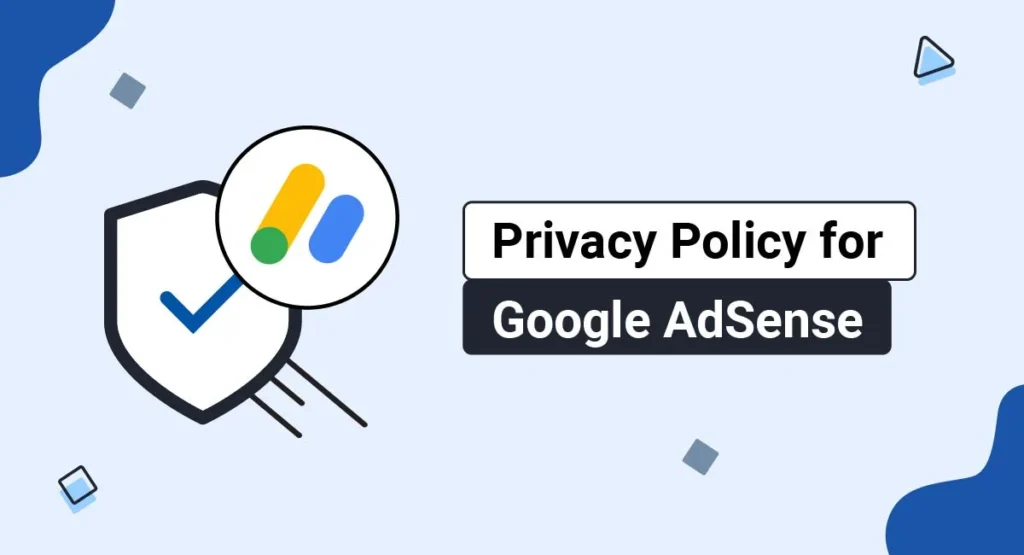Introduction
Thinking about applying for Google AdSense? Great! But before you click “Submit,” make sure your blog has the required legal pages in place. Many AdSense applications get rejected simply because these pages are missing.
Legal pages protect your blog, build trust with readers, and are required by AdSense. In this post, we’ll explain the 10 essential legal pages your blog needs to be fully compliant—and how to create them even if you’re not a lawyer.
1. Privacy Policy Page
This is the most important page. It tells your visitors what data you collect (like cookies, IP addresses, or email addresses) and how you use it.
✅ Required by Google AdSense
✅ Builds trust with your readers
Free generators you can use:
Include details about:
- Cookies
- Google AdSense and third-party tracking
- Data collection via contact forms or analytics
2. Disclaimer Page
This page protects you legally by explaining that:
- Your content is for informational purposes only
- You’re not responsible for how people use your advice
- You may earn money through affiliate links or ads
Example line:
“This blog contains general information only and is not a substitute for professional advice.”
3. Terms and Conditions Page
This outlines the rules for using your blog:
- What users can and cannot do with your content
- Your rights to modify or remove content
- Copyright and intellectual property clauses
It also adds a layer of protection if anyone tries to misuse your content.
4. About Page
While not strictly a legal page, the “About” page is essential for AdSense approval. It tells Google and your readers:
- Who you are
- What your blog is about
- Why it exists
This helps establish credibility and transparency, which Google values.
Tip: Add a photo and a short bio to make it more personal.
5. Contact Page
A simple contact page shows Google that you’re a real person behind the blog. It also allows visitors to reach out.
Include:
- Your name or brand name
- Contact form or email address
- Social media links (optional)
Google prefers that blogs make it easy to communicate with the owner.
6. Affiliate Disclosure (If You Use Affiliate Links)
If you promote products and earn a commission, you must disclose it clearly. This is required by law in many countries and by Google too.
Example line:
“This post contains affiliate links. If you click and purchase, I may earn a small commission at no extra cost to you.”
7. Cookie Policy Page
If you use tools like:
- Google Analytics
- AdSense
- Facebook Pixel
… then you’re tracking user data with cookies. You must inform users and get consent.
Many privacy policy generators include this as a section, or you can create a separate page for it.
8. Copyright Notice
Make it clear that:
- You own your content
- Visitors cannot copy or distribute it without permission
This deters plagiarism and helps protect your intellectual property.
Example:
“All content on this site is copyrighted. Do not copy or reproduce without permission.”
9. Comment Policy (Optional but Helpful)
If your blog allows comments, set boundaries:
- No spam or hate speech
- You reserve the right to delete inappropriate comments
This helps maintain a healthy community and shows Google your site is moderated.
10. Accessibility Statement (Optional but Professional)
This tells visitors that you aim to make your blog accessible to everyone, including people with disabilities.
It’s not required for AdSense, but it shows professionalism and inclusion—especially if you plan to expand your audience.
Where to Place These Pages on Your Blog
✅ Add them in your footer menu or navigation bar
✅ Use clear labels like:
- “Privacy Policy”
- “Disclaimer”
- “Terms & Conditions”
✅ Make sure they’re easily accessible from any page
Tools to Help You Create These Pages
- WordPress Plugins: WP Legal Pages, Termly, CookieYes
- Free Online Tools:
Final Thoughts
Getting approved by AdSense takes more than just great content. Your site also needs to follow legal and ethical standards. Adding these 10 pages helps you meet AdSense requirements, protect your blog, and build reader trust.
If you’re serious about turning your blog into a business, start by laying the right legal foundation.

